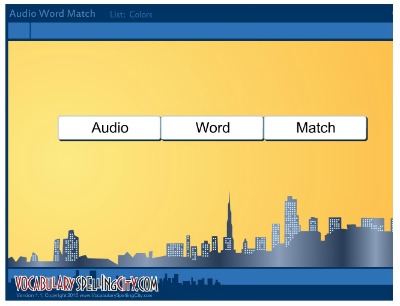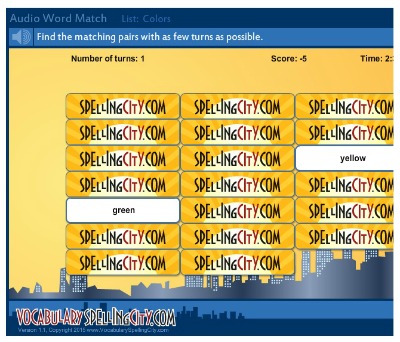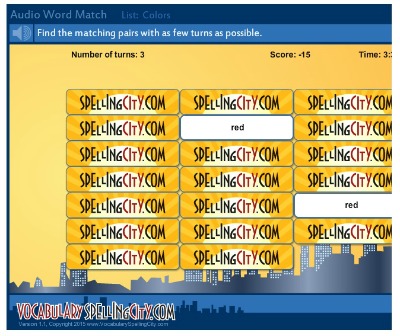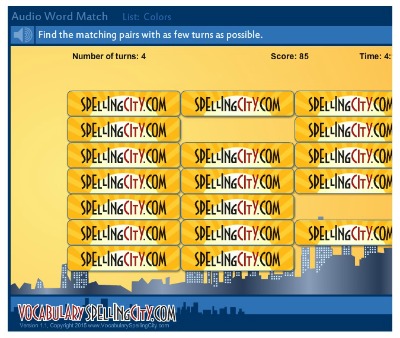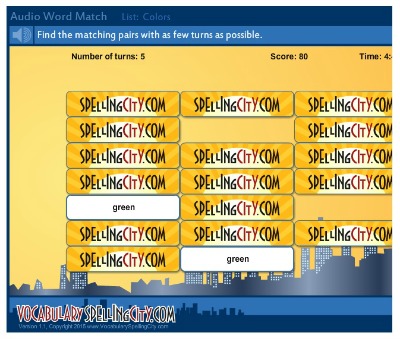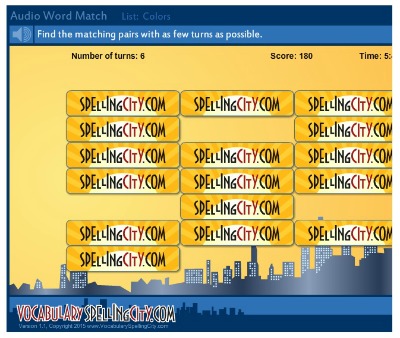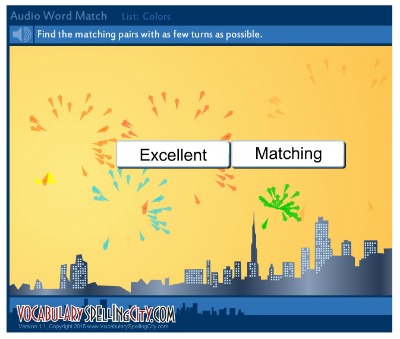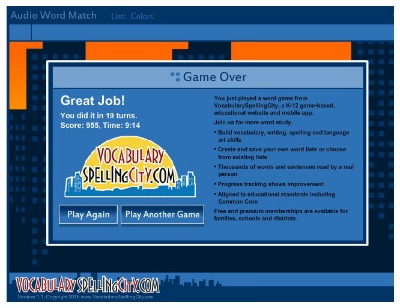| Back to Back Issues Page |
 |
|
Issue #073 -- Week 27/09/15-03/10/15 October 06, 2015 |
Hello,Greetings and General InformationPLEASE RESPOND TO THIS QUESTION: I noticed today that our last e-zine (Issue 072) was delivered in a different format - with an enlarged width, which made reading it very difficult by having to scroll right and left for reading each line entirely. Did you receive it like this, or does this only happen with my preview email? I have no idea why this happened and I now wonder if it will happen with Issue 073 as well - please let me know, if you can, so I can find a solution before our next issue. Many thanks in advance! A warm welcome to our new subscribers! I wish you will find My English Club fun and instructive and I look forward to welcome you as a new valued member soon. Read, learn and communicate around the world! Please feel free to contribute to these pages when you have a minute. They are meant to be a platform for exchanging ideas, stories and opinions - an ideal medium for practicing your English, which should be used to the full. Together, let's bring it alive, let's make it the welcoming community you wished for, when you joined. Use the Comments facility at the end of every page and start making friends worldwide. You and your friends can always subscribe individually through the form on My English Club . If anybody mentions to you that they are interested in receiving it, please tell them this, with thanks. Of course, you can also unsubscribe at any point, by using the link at the end of any issue of the e-zine, should you wish - no questions asked. Until I'll have the time to write my e-books from these courses, you can enjoy our past lessons for free, as follows: Grammar ~ Intensifying StrategiesToday we shall continue our lesson on expressing heightened emotion in speech and writing. You can find this lesson on the Intensification Strategies page. I do hope you find this useful and by next time I shall prepare some exercises for you to practice this matter. Writing ~ The Power of WordsLearning to write should be a sustained activity, which is best done regularly, just as learning a foreign language is. Whatever you learn from your books, your teachers, or on your own, the truth remains that you will always start from… a word. Today we shall consider how powerful are the words we are using, both for us and for our readers. For you the words mean your perception of the world around you. You perceive the world by using your five senses: you can hear or see or smell the world; you can taste it and you can touch it. You are taking the world in. It goes from outside you into you and it finds a place in your person in your mind. It is the brain’s function to interpret the world. We don’t even think of this, but this is what actually happens in our mind: we perceive and interpret the external stimuli offered by the world around us. And then what do we do with this interpretation of the world; what do we do with our thoughts? Eventually we need to externalise them, be it in speech or in writing. We need to share this with other people in our interactions. This is where, according to our background, education and dexterity with words, we differ in the way we present our thoughts. Which words will you use in the ‘presentation of your thoughts’? We shall consider this in more detail at a later stage, but just to give you an example of the difference in selecting our words, consider the following string of words one can use when talking about ‘a man’: ‘… Sir, mister, monsenieur, Herr, senor, don, dom, senhor, signor, sahib, shri, srijut, babu, mirza, tovarich, comrade, citoyen, yeoman, wight, swain, fellow, guy, blade, bloke, beau, chap, cove, card, johnny, gaffer, chappie, goodman…’ Which one will you use in your writing? That depends on which ones you know and which you will think is the most appropriate for your reader or listener, for your message to be not only understood, but also accepted. You'll try to make the strongest impact that is acceptable in your context. Take for example an exercise in choosing words, which will show you the power of words to each one of us. The teacher asked her students at some point to play the familiar word-response game – she utters a word and each student writes down the one single word which is called into his/her mind in response to the spoken word. For instance if the teacher calls the word ‘PRETTY’, one may think of ‘GIRL’ or ‘FLOWER’ or whatever else may cross one’s mind. Well, in this particular example the word called was ‘RED’ and each student responded on a piece of paper. Corresponding words were as varied as: ‘fire’, ‘fury’, ‘blood’, letterbox’, ‘flaming’, ‘bloody’, ‘bull’, ‘communist’, ‘ouch!’, ‘blood’, ‘jumper’, ‘rose’, ‘sunset’ …. And so it goes – imagine a group of many students, each expressing their own perception of the world exposed through the word ‘RED’. If you seriously stopped and thought carefully about this fact, you would reach a number of conclusions: 1. That words are powerful. Even a three-letter word had the power to evoke a response. How exactly can one achieve this is the subject of our present course in writing skills and we shall start looking into the aspect of individuality and circumstance in writing and the difference they can make.
Game of the Week ~ Audio Word MatchThis is a very simple vocabulary game for beginners. It is specifically good for improving children's listening skills for specific vocabulary. All you need is a good ear, a good memory and dexterity with hidden words. Curious by now? - it's the Audio Word Match game. You will be timed for this, but you can finish the game whenever you wish - you won't be timed out, so take your time :-D
You do get the instructions, but only verbally, so you need to listen carefully. Basically, you will need to find the matching pairs of words with as few turns as possible. In this game we are playing words denoting colour:
You will have only one second to remember the location of the pair of words you turned around. After that, they will be hidden again, but you still need to find their match. You are losing points each time you miss, as you see I had -5 above.
When you successfully find a match, you get 100 points, but your minus points from before will be deducted from your win:
As I mentioned, 100 less 15 -> you get 85. And so it goes, until you find all the matches on the board.
Once you find the matches, these cards will disappear from the board, and eventually you will be left with a blank board, which will be the end of your game.
At that point, again verbally, the board will announce what an excellent matching you've achieved. Kids always enjoy hearing that they've done well.
On the page giving you the score, you will also be invited to do more word study, by building vocabulary, writing, spelling and other language art skills - you go ahead and explore the possibilities.
OK, this being said, it's your turn to play the Audio Word Match game in your own time. Enjoy! This is it for now, my friends!I hope you find this information useful and not too confusing. Even though you're at the stage of building on it, have patience at this point in your learning and you'll be able to reap the fruit of your work later on, whichever aspect of our lessons you are concentrating on. Please feel free to comment and suggest your ideas by replying to this email - I look forward to hearing from you. If you wish to chat either with me or with other members worldwide, go to My English Club . All the best from me until next time, Lucia da Vinci Founder of My English Club |
| Back to Back Issues Page |
